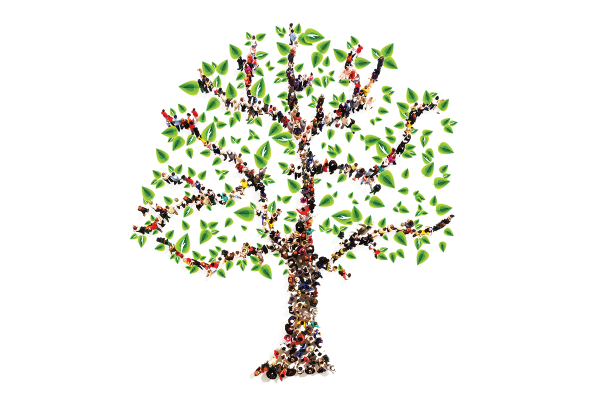I GOT TO spend a couple of days this autumn at the 25th annual Ignatian Family Teach-In for Justice — it was the first time I’d been there, and it cheered me immensely. Formed in the 1990s in response to the murder of Jesuit priests and lay leaders in El Salvador, it was originally held outside the School of the Americas at Fort Benning in Georgia, where the officer corps of often-repressive armies trained (including the Salvadoran military who murdered the Jesuits). Civil disobedience was often a feature of the Teach-In.
Now, it’s held in D.C., and mainly young people attend: a couple of thousand students at Jesuit high schools and colleges across the nation. This year’s participants were a diverse bunch, and extraordinary in the quality of their attention and engagement. I came away heartened, even amid the political chaos of the moment.
Read the Full Article

